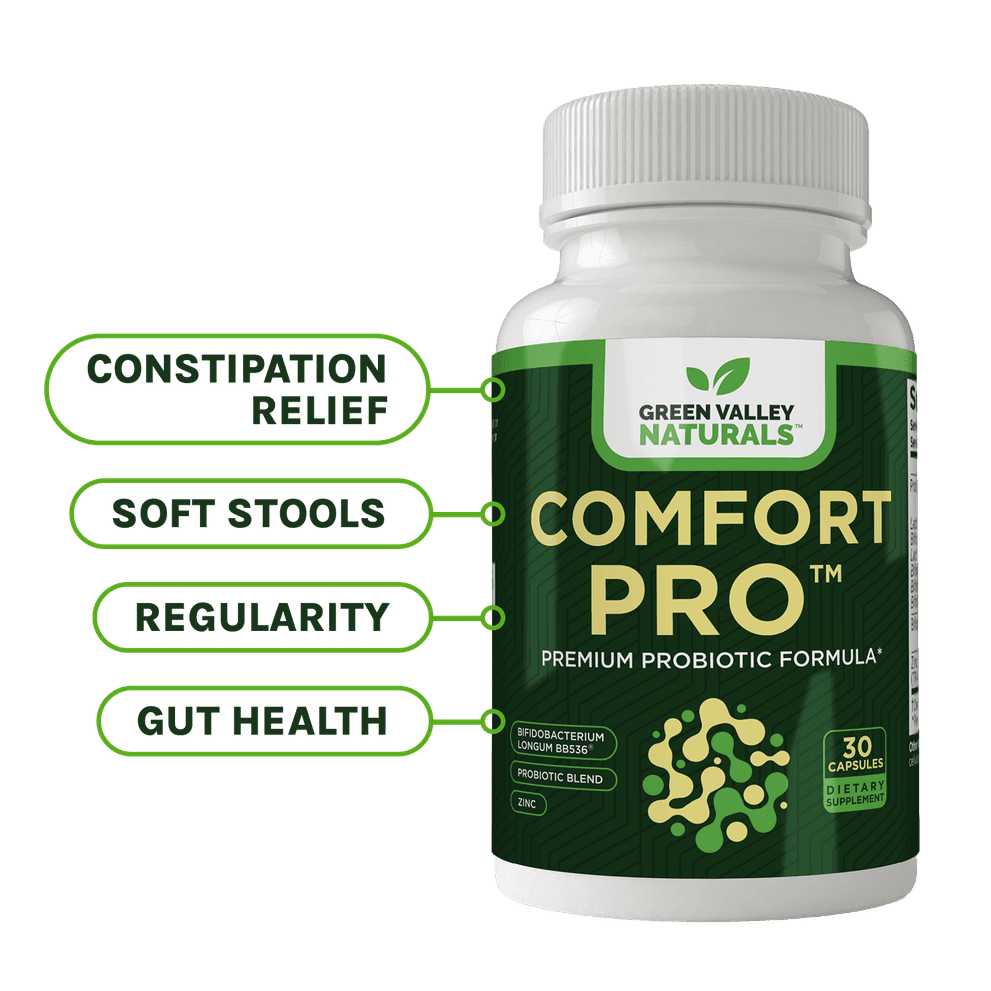
Slower Eaters Have Lower BMI
The Rhode Island studies also showed a close link between eating rate and people's body mass index (BMI). BMI is a measurement that reflects your weight compared to your height. Generally speaking the higher your BMI, the more overweight you are. The people in the research who were overweight with a high BMI usually ate their meals a lot quicker than those who had a low BMI. And the scientists observed that meals that included whole grains were usually eaten more slowly than those containing more refined foods. Dr. Melanson believes that slow eaters eat less because the extra time between bites lets you feel satisfied before you overeat. "It takes time for your body to process fullness signals," she says. "So slower eating may allow time for fullness to register in the brain before you've eaten too much." This is a well-known dieting tip. Take a break from your meal for ten minutes – for instance, delay having dessert – and you’ll probably find you aren’t hungry anymore.Protect Your Waistline and Your Heart
Meanwhile, studies in Japan have uncovered other benefits to slowing down the speed of your fork. This research demonstrates that people who eat more slowly lower the risk of becoming obese and reduce the chances of developing metabolic syndrome – a cluster of health issues that increases the likelihood of suffering heart disease, diabetes and stroke.2 You’re considered to have metabolic syndrome when you develop conditions like high blood sugar, high blood pressure, high triglycerides (blood fats) and a large amount of inflammatory abdominal fat. In evaluating the eating speed and health of about a thousand middle-aged people for five years, these studies found that fast eaters were about 12 percent more likely to develop metabolic syndrome than other eaters. "Eating more slowly may be a crucial lifestyle change to help prevent metabolic syndrome," says researcher Takayuki Yamaji. "When people eat fast they tend not to feel full and are more likely to overeat. Eating fast causes bigger glucose fluctuation, which can lead to insulin resistance."- A study at Texas Christian University shows that easing up on eating speed helps you drink more water with your meals and feel more full.3
- An analysis in Spain of people aged 55 and older suggests that faster eating may affect the liver in ways that increase the risk for heart disease.4
- Research in Asia confirmed that slowing down at the dinner table helps with weight control and maintaining a smaller waistline.5
- Research in Tawain reveals that the act of chewing facial strengthens muscles and promotes blood flow that can support a sharp-thinking brain. IN fact, the better the study participants chewed, the healthier their brains.

